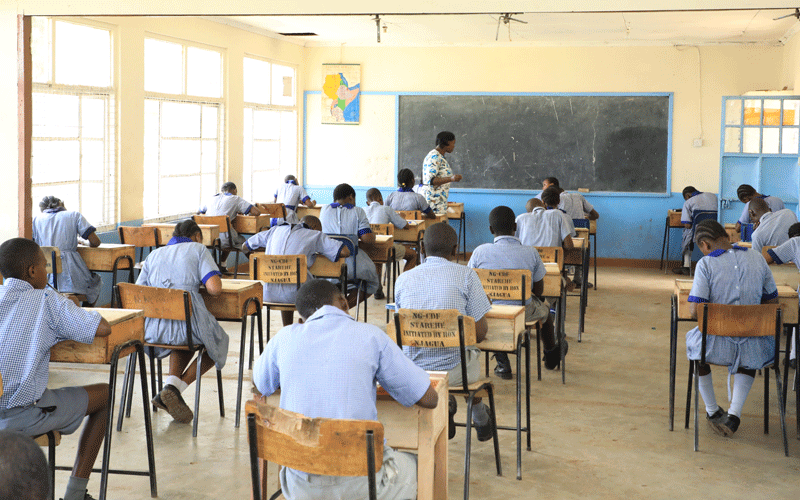Vocational training bridging gap in learning during the pandemic

Evelyn Makena @evemake_g
Vocational training is well placed to offer important skills to learners during this period when schools are closed.
There has been a growing interest in vocational training during the Covid-19 pandemic with learners preferring to acquire skills in addition to a university degree.
However, the challenge has been accessing, training bearing in mind that schools will not re-open until January 2021.
To bridge this gap, Oxbridge Academy, a South Africa based institution that offers distance education is offering a range of vocational courses that learners can access online.
Since the academy launched in Kenya last month there has been a growing interest in three vocational courses including entrepreneurship, occupational health and safety and logistics and supply chain management.
“As the trend of pursuing further education off-campus and from home grows, we recently launched in three additional countries Kenya, Zambia and Ghana.
We cater to those students who need to earn while they learn, who need to either get a foot in the door in a particular industry, or who want to upskill or change careers,” says Elbie Liebenberg, managing director, Oxbridge Academy.
Learners can access all learning materials online and international students get to enjoy similar learning experience with those in South Africa.
The institution serves more than 27000 students annually.
Students that enroll into Oxbridge Academy can learn at their own pace and complete the course entirely online.
Books and assignments are also available online with feedback and marked assignments available online giving students flexibility to study from any part of the world.
The World Bank estimates that 1.2 billion students worldwide are affected by school closures including those in Technical and Vocational Education Training institutions.
According to the global financial institution previous pandemics like Ebola have given insights on the potential of technical skills with such training used in beefing up essential services such as frontline health workers in times of crisis.












